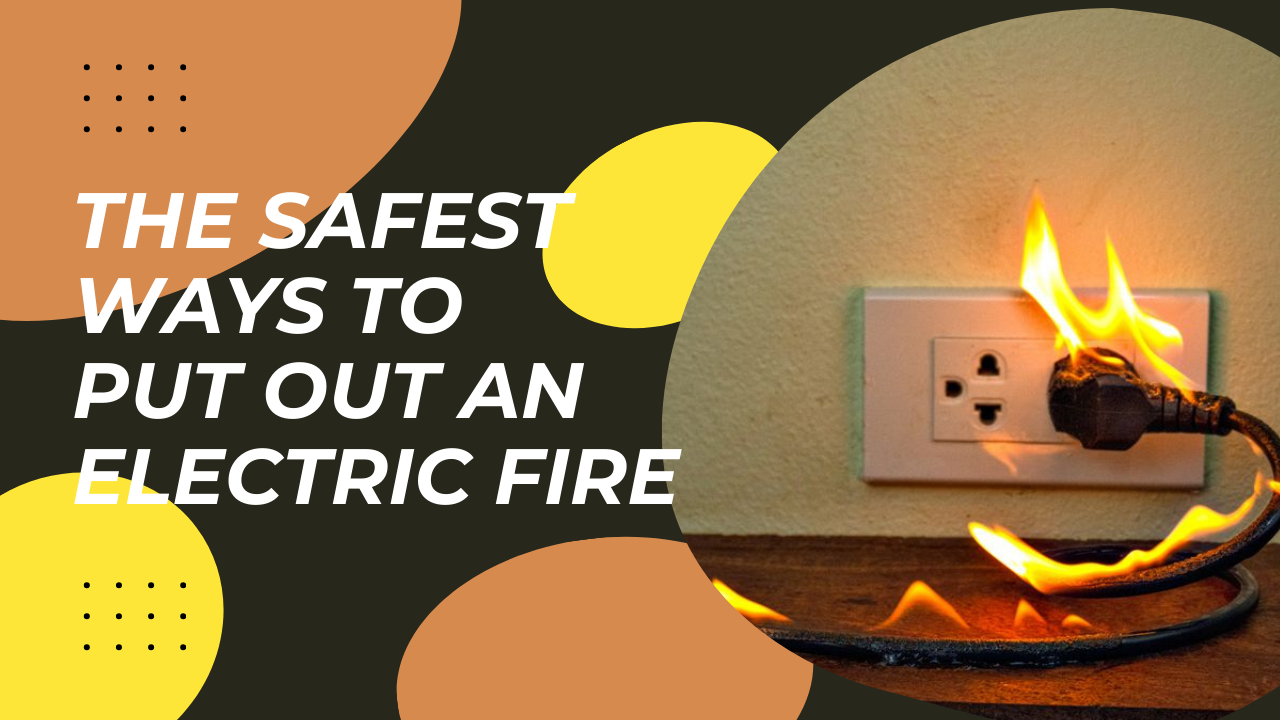It is agreed that there are more than several ways to show that electricity is a necessary part of our lives, our daily routines and may even determine our effectiveness at large.
Days without electricity are like days without life because a lot of our routines are dependent on electricity. Ranging from powering our devices to heating our home, it cannot be debunked that we cannot do without electricity.
However, its glaring advantages, the dangers that stem from it are usually life-threatening if not curbed in time. People tend to undermine these dangers because they have become so acquainted with electrical appliances, thereby, increasing the risk of fire.
Moreover, research shows that one-third of the fire that stems from homes emanates from an electric source. They are usually more destructive because they cannot be traced back to the actual source outrightly.
Please note that this is not to cause an uproar of fear but to consciously remind you of the responsibilities you have to your home security and also to educate you on possible solutions if you eventually find yourself in such a situation.
Ensure you take notes as you read on, they will come in handy.
- Disconnect The Source of Electricity
If the fire had started already and you can still reach the source of the fire (ie the electrical appliance or gadget that prompted it), try to switch off its connection from electrical power. This would help contain the fire and you would only have to deal with the fire started already.
If it is still safe enough, try to reach the cord and unplug it as fast as you can. This would help you focus on that particular source of fire since you have terminated its potential for spreading in the first place.
If you cannot unplug it directly, run fast to your main source of electricity and disconnect everything at once. Doing this will also help cut short the risk of you being electrocuted while trying to put out the fire.
- Never Use Water
If you are too nervous to carry out the aforementioned step, never try to pour water to quench the fire, whether on impulse or intentional.
Water is a conductor of electricity, hence, you would be running a risk of allowing electrons to run through you which is a way to getting electrocuted.
Pouring water may also increase the rate of the spread of fire throughout the room which would set everything flammable on fire.
- Use Baking Soda
If it is a small electrical fire, it can still be curbed by pouring baking soda all over it. Baking soda has been proven effective enough because it contains Sodium Bicarbonate which is graded as a Class C fire extinguisher.
Make sure you place a container or packet of Baking Soda where it would come in handy in your kitchen.
- Use A Heavy Blanket
If you do not have a baking soda lying around (for a small fire), you can quickly run to your bedroom to get a blanket.
Cover the source of fire (after it had been switched off) with a blanket, it would stop oxygen from increasing the fire since oxygen is needed to keep the fire burning.
- Use A Fire Extinguisher
Using a fire extinguisher to stop the fire is probably the fastest without you having to go too close to the fire. Therefore, having a fire extinguisher lying around would be very effective in putting out electrical fires.
Please note that there are different classes of fire extinguishers and also various types of fire.
Electric fire is a class "C" fire, hence, it can only be doused by a class "C" extinguisher.
Now that you understand all that is needed to be done when you have a fire situation at hand, do not be in too much of a haste to put them out despite your impulse. Take a calm breath, recollect all you have read and carry them out with confidence.
Click here to learn about fire safety upgrades in bush prone areas
